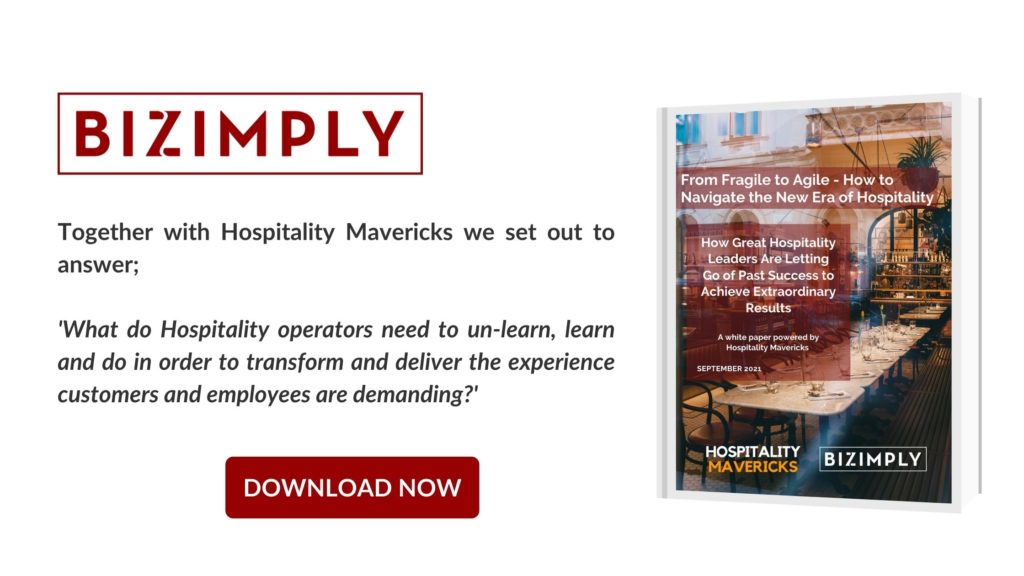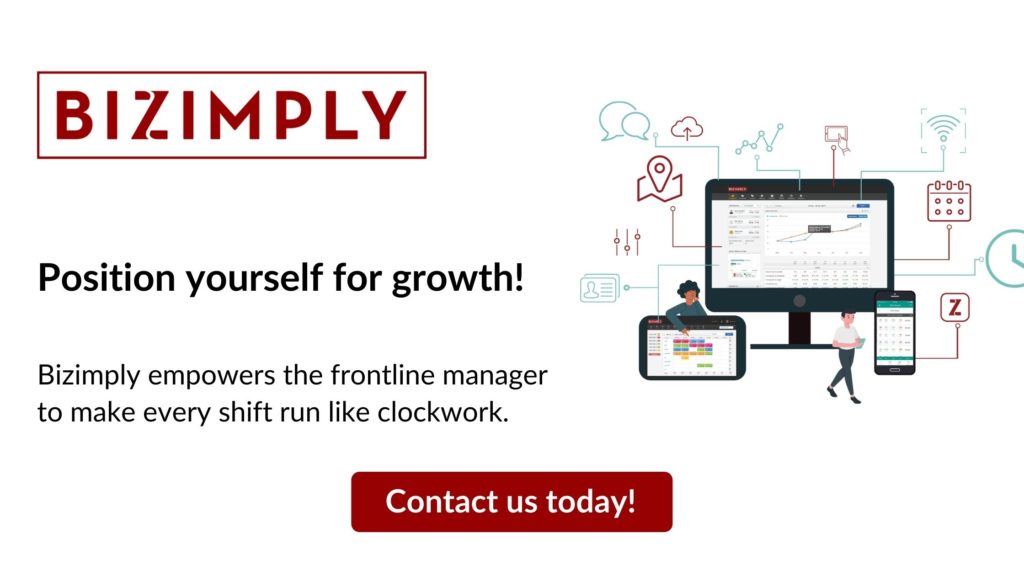Do you understand culture and what it means for your business? Often culture and possessing a unique culture in the workplace is what drives performance. Having a positive culture will see better engagement amongst employees and staff who will elicit the organisation’s leadership, values, traditions and beliefs all whilst delivering a high quality level of work. It will set your employees up for success. If you don’t have a positive culture, now is a time for reframing.
Why is workplace culture important?
Firstly, a unique culture attracts employees. Often the benefits and culture of an organisation can be highlighted on a job post which can lead to a higher response rate.
As I briefly mentioned above, a positive workplace culture leads to better engagement and retention amongst employees, if all employees are on the same level they work better together and carry out the goals of the organisation more effectively. It has an impact on the attitude the employee brings to work each day.
Lastly, organisations with positive workplace culture are statistically more successful; 88% of employees believe a strong company culture is key to business success. A positive work culture is linked to higher rates of employee engagement, which has been shown to improve productivity and profitability (Builtin, 2021).
In a recent research report in partnership with Hospitality Mavericks we found that the most significant barriers to implementing change in operations are cultural factors.
The results showed;
- Overall: 34% of all survey respondents named change resistance as a significant barrier, and
- 17% of all respondents named organisational culture in general as well or instead.
In contrast, 53% foresee that technology to automate processes would have the biggest positive
impact on their operations. Yet people factors (staffing – capacity and capability issues, and culture)
are significant barriers that pose a challenge to address.
So how can you define your workplace culture?
If you want to achieve a certain type of positive culture then letting culture form naturally is not the answer. You need to define exactly what you need your culture to be and your employees to embrace.
> Don’t adopt the standard policies that are generated from workplace trainings, use this information and advice to develop your own policy that fits in with your environment and the culture you want to achieve.
> Hire employees that you know will fit in with your workplace culture.
> In your onboarding process, communicate your workplace culture clearly so the new hire understands how they can adapt into this culture and fulfil the mission, vision and goals set by the organisation.
> As a leader, ensure your actions are consistent and aligned with the policies that have been set out that also fit in with the workplace culture.
Every so often it is important to reevaluate the current workplace culture you elicit and analyse whether it fits with the desired culture. Are there certain factors you feel should be enhanced or removed? Maybe there are gaps between the current work culture and the workplace culture you want. As a leader, you don’t have to do this alone; use your staff to gain feedback. Perhaps there are aspects of the culture that all staff mutually disagree with and this can be reflected upon and adapted. Have an open discussion with your staff and keep in mind culture is an ever changing process, see it as part of your business strategy and don’t dismiss its importance.







